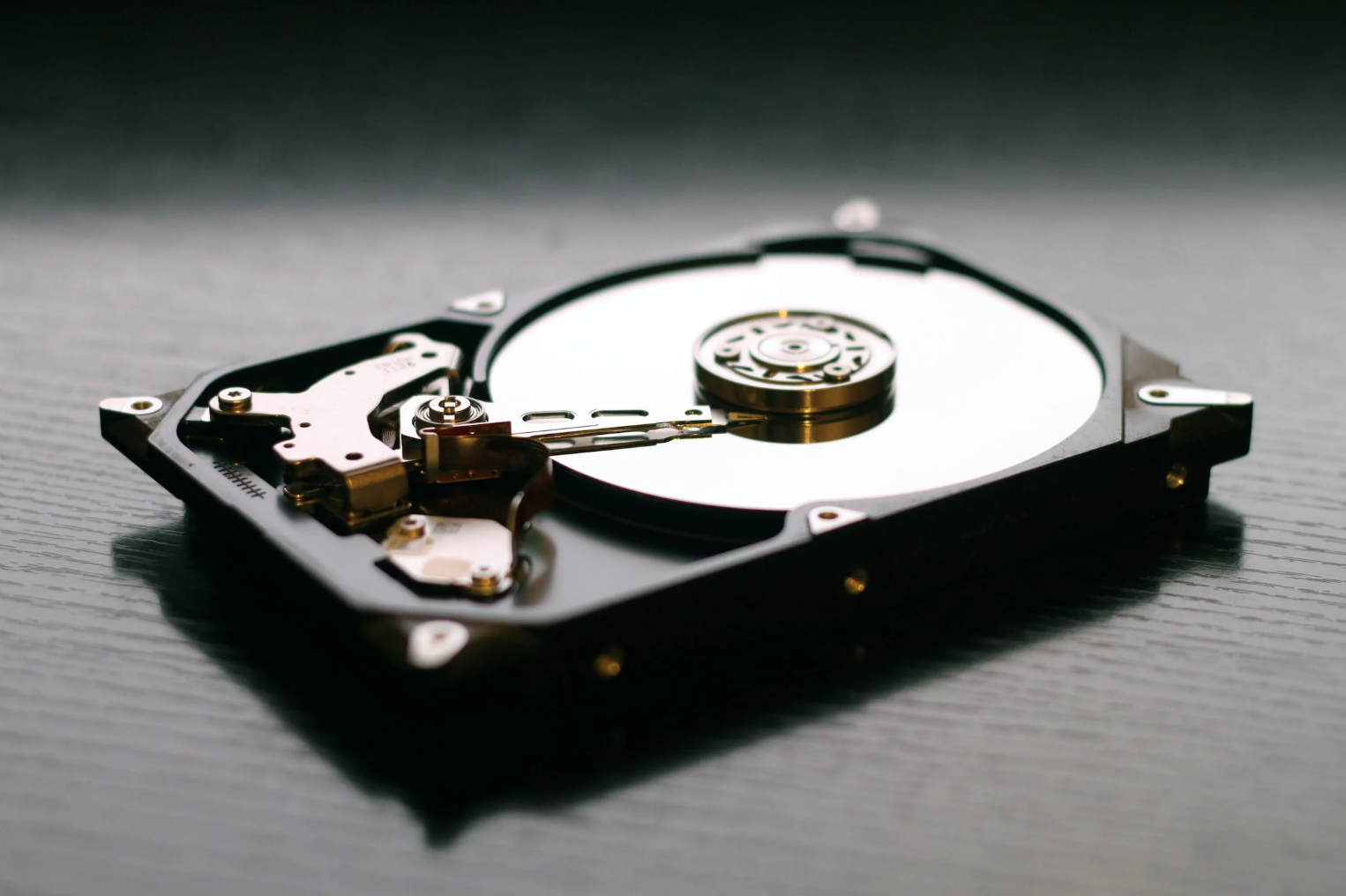Hard drives allow us to store important data and access it whenever we need to. It can be extremely frustrating to discover that your hard drive has failed and that you have potentially lost your data. However, before you throw that hard drive out, you should take some time to read this blog. Below we discuss tips to help you recover data from the hard drive. You may be able to recover the data you thought was lost and not have to start again.
Using a Data Recovery Service
There are instances when it is possible to recover data from a hard drive simply by using data recovery software. However, you may not have the time or budget to purchase this software. You may also not have the know-how to apply the software to recover your data safely and successfully. There are also instances where data cannot be recovered from a hard drive using data recovery software. This is where a data recovery service can help.
Using a data recovery service is the safest and most efficient way to recover files from a hard drive. Many services allow you to ship the hard drive to their lab where it will undergo diagnosis. When the cause of failure is identified, the expert team will develop a data recovery plan. Once the recovery process is complete, your hard disk will be shipped back to you along with your recovered data.
Types of Hard Drive Failures Data Recovery Services Can Handle
Data recovery service can recover data following a variety of hard drive failures including:
- RAID array failures
- PCB failures
- Head crashes
- Motor failures
- Encryption issues
- Corruption by firmware
- Platter damage
Tips to Predict Hard Drive Failure
If you want to avoid having to invest in computer hard drive recovery, you should do your best to predict hard drive failure. This will enable you to take action before your data is lost. Some things to look out for include:
- Monitoring your S.M.A.R.T data
- Listening for unusual sounds coming from your computer such as clicking or grinding.
- Backing up your data regularly.
Types of Hard Drive Failures
Hard drive failures can be categorized as either:
- Logical failures – These are caused by errors or corruption to software. Data recovery software can often be easily applied to recover software in these cases.
- Physical failures – These are the result of damage to the hardware. These are more difficult to resolve and often require the assistance of a data recovery service.
Tips for How to Recover Data from a Hard Drive
- Act quickly – Taking action as quickly as possible will increase your chances of recovering the data successfully and safely.
- Turn the hard drive off immediately – Continuing to use the hard drive can result in further damage to the drive and thus make it even more difficult to recover data.
- Contact a data recovery service – GoEBITS offers data recovery services Bellevue residents trust for the best results. We’ll ensure your data is recovered quickly and safely.
FAQs
Can data be recovered from a dead hard drive?
Yes. However, it depends on the severity of damage to the drive. For example, it is likely that data from a hard drive damaged from a floor or fire will be unrecoverable.
How can data from a hard disk that is not being detected be recovered?
- Check to ensure the data and power cables are properly connected.
- Try connecting the hard drive to different SATA ports
- Try using a different computer
If all the above fails, take your hard drive to a professional data recovery service.
How to dispose of a dead hard drive?
- You can sell it if it is in good condition.
- Donate the hard drive if it is in good condition and can be refurbished
- Recycle it properly if it can no longer be used.




